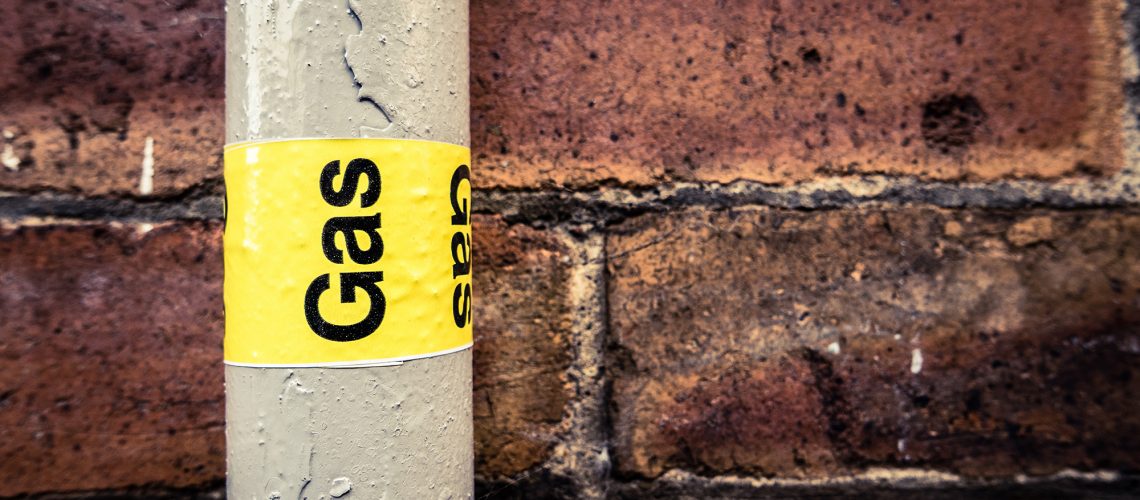There is nothing that can prepare you from the initial shock of discovering a gas leak at home. This article is to prepare you for what to do next.
Your senses will alarm you to something that isn’t quite right; can you hear something unusual, or smell a gas leak at home? Without a doubt, a gas leak is serious. In this blog, we have listed what to do in case of a gas leak and provided additional comment about each point.
We hope the information here will provide you with some actions to ensure everyone in the house remains safe at all times.
In an emergency, when a strong smell of gas is present you must:
1 Turn off the gas supply if it is safe to do so at the emergency control valve at the meter unless the meter is located in a basement/cellar or at the Liquid Petroleum Gas (LPG) bulk tank or storage vessels.
Here we have an obvious, yet easily overlooked action to take if there is a gas leak. Do you know where your gas emergency control is? Can you access it easily? Does the control valve turn off comfortably? It may be a good idea to check the safety aspects of your gas supply.
2 Extinguish all naked flames and do not smoke.
You might imagine that this would go without saying. Why would you risk a build-up of gas with a naked flame? However, there could be flames alight without realising. Candles are common in many houses with some being used daily, so it could be easily overlooked. Also, people attending the property who aren’t aware there is a danger may arrive smoking; everyone needs to be informed of the situation.
3 Do not operate electrical switches (this includes turning switches on or off). Operating electrical equipment can ignite escaping gas.
A follow-on from point 2, gas only needs a single spark to ignite. Any electrical device has the potential to cause ignition, so shouldn’t be used.
4 Get to fresh air immediately – open all doors and windows to ventilate the area.
If there is a large build-up of gas, find the safest route to fresh air for everyone as soon as possible. Where safe to do so, ventilating the property can mitigate the risk of an explosion.
5 Contact the relevant National Gas Emergency number above.
When outside the property and from a safe distance call 0800 111 999 (0800 002 001 for Northern Ireland). The emergency gas service will respond as quickly as possible.
6 If you are feeling unwell visit your GP or hospital immediately and inform them that you may have been exposed to high levels of natural gas.
It is possible you may start to feel unwell after the incident. It is always best to seek medical advice if you do.
7 If the attending emergency operative identifies any concern with any gas appliances, follow the advice given concerning use of the equipment and where advised contact a Gas Safe registered engineer to fix the appliance and check for safety.
This is essential and should not be overlooked. At Parkstone Heating we advise that ALL gas appliances are checked after a gas leak. All Parkstone engineers are Gas Safe registered.
8 Do not turn the gas supply on again until it has been checked by a Gas Safe registered engineer.
Safety is paramount, even in extremely cold conditions. Parkstone Heating will complete a check of your gas meter, isolation valve, gas pipework and appliances to ensure it is safe for you to turn the gas back on. We will advise you on any defects that need immediate attention.

